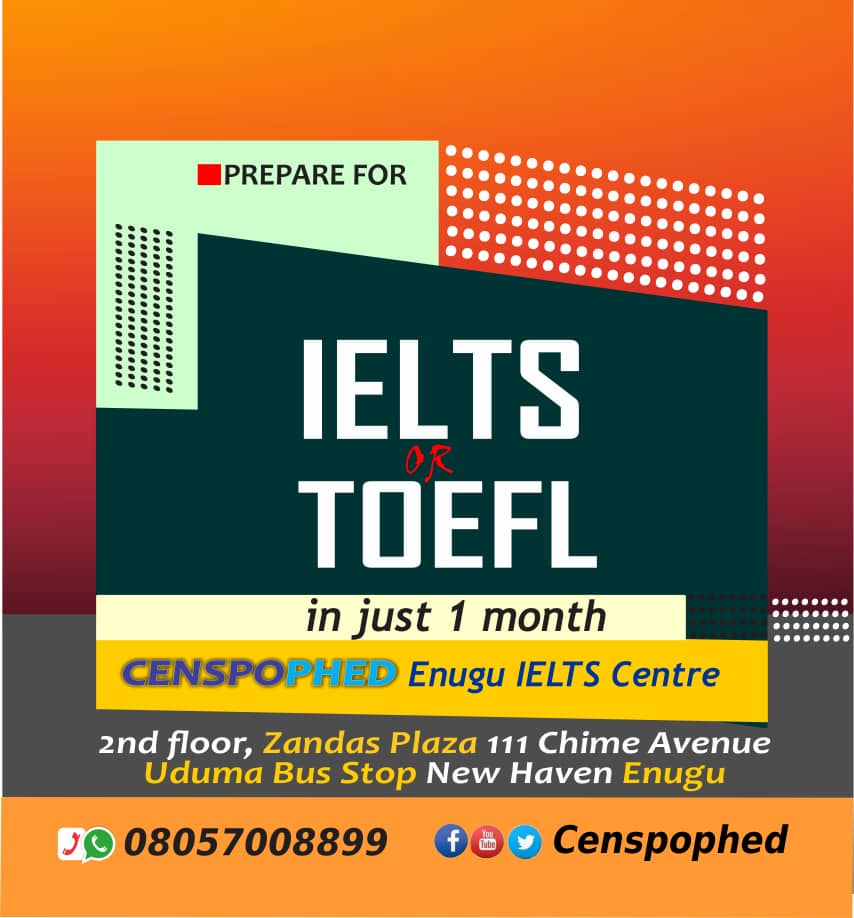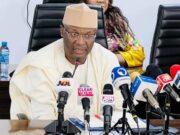A significant legislative proposal aimed at reinstating the regional system of government in Nigeria is set to be transmitted to President Bola Tinubu next week.
Dr. Akin Fapohunda, the drafter of this private bill, disclosed his intention to engage with members of the National Assembly before forwarding the proposed legislation to the president.
 Advertorial
Advertorial
Fapohunda anticipates that President Tinubu will present the bill to the parliament as an executive bill.
The bill, currently before the National Assembly, is expected to be enacted into law by October 1, 2024.
Excerpts from the draft bill, begin with a preamble criticizing the 1999 Constitution, established under Military Decree 24, for lacking the explicit consent of the Nigerian people.
The bill asserts the need for a constitution derived from the people’s deliberations and consensus, advocating for a Federal/Regional system of government.
 Advertorial
Advertorial
The draft highlights the desire of Nigerians for a constitutional change, emphasizing that both federal and regional governments should operate within its provisions.
It suggests that ethnic groups within states should have the autonomy to organize themselves into provinces, divisions, and districts, managing their affairs independently.
The bill proposes that the National Assembly should use its authority to annul the 1999 Constitution, deemed an act of the National Assembly rather than a military decree, and replace it with a new governance model by October 1, 2024.

This amendment would be subject to a national referendum.
Regarding the governance structure, the bill outlines that Nigeria would comprise regional territories and a Federal Capital Territory, collectively forming the Federal Republic of Nigeria.
It emphasizes the unconditional right of every ethnic nationality in Nigeria to self-determination within their territories, advocating for the establishment of self-governance institutions and equitable representation in both federal and regional governments.
The bill defines “Ethnic Nationality or People” as groups with shared cultural practices, languages, beliefs, and identities, residing within distinct territories.

This legislative initiative marks a potential shift in Nigeria’s political landscape, aiming to decentralize governance and empower regional administrations.

















